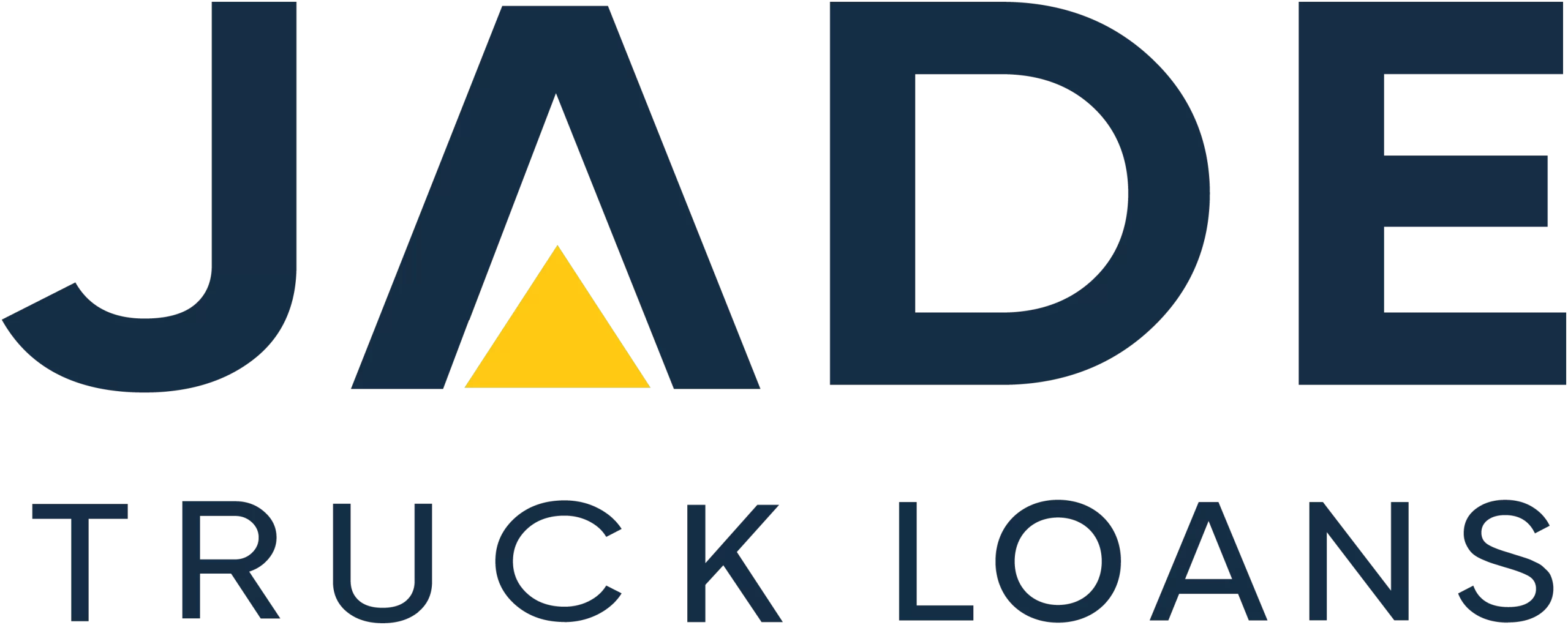The discussions and speculations regarding the potential increase in the official cash rate by the Reserve Bank of Australia (RBA) have been circulating within financial circles and the media for several months. Despite the ongoing talks, the RBA Governor has consistently maintained a patient stance, emphasizing the necessity to wait until key economic indicators align before making any decisions. However, recent developments have shifted the prospect of a rate rise from a mere possibility to a more certain outcome.
Several factors contribute to this shift, including actions taken by global central banks and the analysis of domestic economic data. For individuals planning to upgrade their vehicles, particularly truck owners and operators, staying informed about these developments could prove to be valuable. Understanding the potential impact of an interest rate increase on truck loans can enable better timing of truck purchases to coincide with periods of more favourable and cost-effective financing options.
To bring business owners and operators up to speed, we provide a quick update on the events, actions and data which is increasing the prospects of a rate rise by the RBA in coming months.
Global Central Banks Move
The global economic crisis triggered by the pandemic prompted major economies worldwide to lower their interest rates as a means to stimulate economic activity. In line with this trend, the Reserve Bank of Australia (RBA) also decreased its interest rates to a historic low of 0.1% in November 2020. Despite ongoing challenges posed by various strains of COVID-19, economies have begun recovering. However, this recovery has been accompanied by a noticeable increase in inflation rates.
In response to these developments, several central banks, akin to Australia's RBA, have taken action by raising their central or key interest rates. The United Kingdom, for instance, has undertaken multiple rate hikes. Notably, the US Federal Reserve recently joined this trend by raising its key interest rate, which is comparable to Australia's official cash rate.
This decision by the US Federal Reserve holds considerable significance and has led local economists to assert that the probability of the RBA following suit is now quite high. Moreover, geopolitical events like the conflict in Ukraine and the associated sanctions, as well as persistent supply chain disruptions, exert notable influence on the Australian economy. The repercussions of supply chain delays, coupled with shortages of materials and goods entering Australia, continue to significantly impact the nation's economic landscape.
Economic Data
The Reserve Bank of Australia (RBA) has consistently outlined its criteria for a potential interest rate increase, emphasizing the importance of maintaining inflation within the range of approximately 2-3% and achieving near-full employment, often interpreted as an unemployment rate below 4%.
In recent times, inflation has experienced a notable increase, driven by the post-lockdown economic recovery in New South Wales and Victoria. This surge in inflation has resulted in heightened cost-of-living pressures affecting both individuals and businesses. The escalating costs of fuel, in particular, have emerged as a significant concern, particularly for those involved in the transport sector.
The interplay between rising prices and the persistently low interest rates, which encourage investment and consumer spending, has led to the inflationary trend. The most recent unemployment figures, released for February 2021, indicate a decrease from 4.2% to 4% in the unemployment rate.
Given that the data is closely aligned with the targets set by the RBA, the question arises: Does this signal an imminent interest rate increase? The answer is both yes and no. The dilemma facing the RBA lies in the potential consequences of raising the cash rate. Such an increase would lead to corresponding hikes in lending rates, particularly within the housing loan market. This could contribute to increased mortgage repayments for many Australians, adding further pressure to the overall cost of living.
Two key economic events to watch for in coming weeks will be the Federal Treasurer delivering the 2022/23 Federal Budget on 29 March and the next meeting of the Board of the RBA on rates on the first Tuesday in April.
Effect for Truck Loans
Now that we have established the foundational context, let's delve into the intricate details - examining the potential effects of a rate increase on truck loans as a whole, and more specifically, on your own truck loan.
Any adjustment made by the Reserve Bank of Australia (RBA) concerning interest rates typically ripples through the lending landscape, prompting lenders to modify their rates within their respective sectors. Each individual bank and alternative lending institution will independently determine the degree to which they will transmit any rate hikes to their borrowing clientele.
In general terms however, it could be expected that the interest rates on truck finance products would increase in general terms across the broader lending market. While the RBA makes changes to the cash rate in bases points, even a small rise in a truck loan interest rate can add up to a large additional cost over the full term of the loan. One of the driving motivators for us at Jade Truck Loans to always seek the cheapest truck interest rates to save our customers as much as possible.
Referring to the truck loan calculator and varying the rate even slightly will immediately show you the difference in truck loan repayments that a small rise could result in.
Lenders specializing in specific areas, like the ones we are affiliated with, concentrating on heavy vehicles and equipment financing, often exhibit enhanced competitiveness and flexibility in terms of interest rates and other loan terms.
An essential point to highlight is the distinction between fixed and variable interest rate loans. For individuals currently holding a fixed interest rate truck loan, any increase in rates will not impact your loan arrangement. The interest rate will remain consistent throughout the entire duration of the loan.
Within our range of truck loan options, we provide fixed interest rates, affording our customers a sense of assurance regarding their repayment obligations.
What can or should prospective truck buyers do?
- If you’re considering purchasing a new vehicle in the near future it could be extremely wise to expedite that purchase to secure finance at the current low rates prior to any rises. We say rises because it would not be unexpected for the RBA to lift rates several times moving forward.
- If you’re considering refinancing existing loans, it could also be prudent to speak with us sooner rather than later to ensure the refinanced loan is at the cheapest rate.
- The interest rate does vary across the truck loan types. So have a conversation with your accountant as to which loan type will deliver your business the optimum benefit.
- When seeking truck finance, engage our services to ensure you have a vast swathe of the lending sector covered in sourcing your loan. With our multiple accreditations we have the resources to cover off on many banks, finance companies and specialist non-bank lenders when sourcing the cheapest quotes for our customers.
Contact Jade Truck Loans on 1300 000 003 to discuss your truck loan requirements.
DISCLAIMER: THIS INFORMATION IS ISSUED PURELY FOR THE PURPOSE OF GENERAL INFORMATION PROVISION. IT IS NOT TO BE TAKEN AS THE ONLY SOURCE OF INFORMATION FOR BASING FINANCIAL DECISION-MAKING. THOSE REQUIRING FINANCIAL GUIDANCE AND ADVICE SHOULD CONSULT WITH THEIR FINANCIAL CONSULTANT OR ADVISOR. NO LIABILITY IS ACCEPTED FOR ANY MISREPRESENTATION OF POLICIES, DATA OR ERRORS IN THIS CONTENT.


 " alt="">
" alt="">